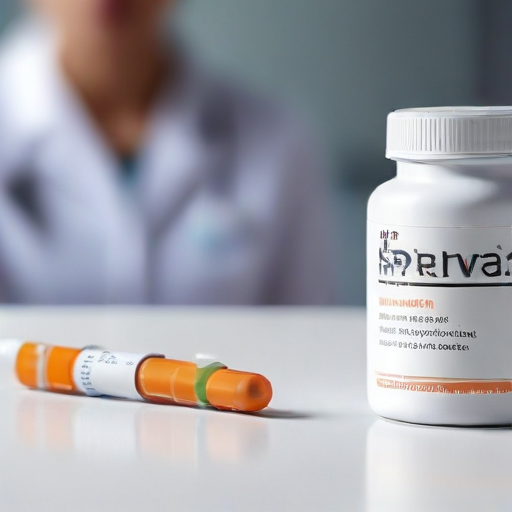Johnson & Johnson announced on Monday that it has submitted a request to the U.S. Food and Drug Administration (FDA) aimed at expanding the approved use of its ketamine-based drug, Spravato, as a standalone treatment for treatment-resistant depression.
Originally approved in 2019, Spravato was intended to be used alongside oral antidepressants for patients who did not see improvement after trying two or more such medications. Johnson & Johnson highlighted that nearly 30% of the 280 million individuals worldwide suffering from major depressive disorder experience treatment-resistant depression.
Bill Martin, head of neuroscience at Johnson & Johnson, stated in a press release, “Many patients living with challenging-to-treat depression spend far too long cycling through multiple treatments that don’t effectively resolve their symptoms, which can cause a significant functional and emotional burden on patients and their loved ones.”
The submission to the FDA was supported by data from a late-stage clinical trial indicating that Spravato, when used alone, can yield symptom relief as soon as 24 hours after treatment and can maintain effectiveness for at least four weeks.
Spravato is administered as a nasal spray under the supervision of a healthcare professional, distinguishing it from traditional antidepressants which typically target serotonin and dopamine levels. Instead, Spravato enhances glutamate activity in the brain, which is crucial for neuron communication.
In a noteworthy financial highlight, sales of Spravato surged by 60%, reaching $271 million in the second quarter of 2023 compared to the same period last year. The treatment has benefitted around 100,000 individuals across 77 countries.
This potential expansion of Spravato’s approval represents a significant step forward in addressing the urgent needs of those suffering from severe depression. With hopeful advancements in treatment options, there is a greater chance of improving patient outcomes and reducing the long-standing challenges faced by those with treatment-resistant depression. It reflects a commitment to finding effective solutions where traditional therapies may have fallen short.
